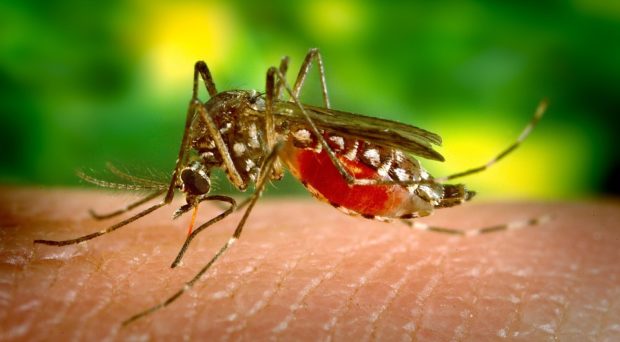
What do we mean by malaria and malnutrition?
In the context of the WorldWide Antimalarial Resistance Network – WWARN, a network of more than 280 research partners collaborating to provide evidence on antimalarial drug resistance, we are attempting to gain a better understanding of the relationship between malaria and malnutrition (refers to all forms of undernutrition).
Why does this matter?
We need more evidence to help guide public health interventions and optimise antimalarial treatment strategies to save lives and improve the quality of life of the most vulnerable populations. Usually patients with co-morbidities such as malnutrition, HIV or TB co-infections or specific conditions such as pregnancy are excluded from antimalarial drug efficacy trials. Furthermore, very limited information exists in published literature on the effect of malnutrition on therapeutic responses to antimalarial drugs, in particular artemisinin combination therapies (ACTs), and their pharmacokinetic properties in malnourished children.
ACTs are now recommended by the World Health Organization for the treatment of uncomplicated malaria globally, as such the number of children exposed to ACTs is increasing exponentially.
We recently completed a large systematic literature review to understand whether undernutrition places children at higher, lower, or no differential risk for getting malaria. We also evaluated the existing research evidence to understand the impact of malnutrition on the efficacy of ACTs which are central to all strategies for malaria control and elimination.
What did we find out?
Despite overall conflicting evidence on the effect of malnutrition on malaria risk, the results of this review provided further observational support that chronic malnutrition was relatively consistently associated with the severity of malaria such as high-density parasitaemia and anaemia. Severe acute malnutrition can be associated with intestinal malabsorption of medicines which may cause sub-optimal drug exposure and as such lead to poor patient outcomes and potentially an increased risk of antimalarial drug resistance.
What did we find challenging?
We found some conflicting results – there was no consistent association between the risk of malaria infection and childhood undernutrition. We struggled to combine the data due to the significant methodological heterogeneity of studies including differences in study population, variations in measurement of nutritional status, definition of malaria and effect measures reported. We also could not assess the temporal relationship between malnutrition and risk of malaria.
Where will we focus our research efforts now?
As a global health community we need to improve our current understanding of the relationship between malaria and malnutrition. We need to standardise our approach to measure this relationship and further generate data on the pharmacodynamics and pharmacokinetic properties of ACTs in malnourished paediatric populations to optimise antimalarial dosing. We need to ensure drug efficacy, drug safety and avoid the selection of parasite resistance, a serious concern in Southeast Asia, and a concerning risk for sub-Saharan Africa.
We have a critical question still to answer – whether ACT dosing strategies are optimal in undernourished children? Further analyses using individual patient data could also provide an opportunity to better understand the variability and heterogeneity of data and findings observed during WWARN’s systematic review.
Visit: www.wwarn.org to find out more about our work.
Comments